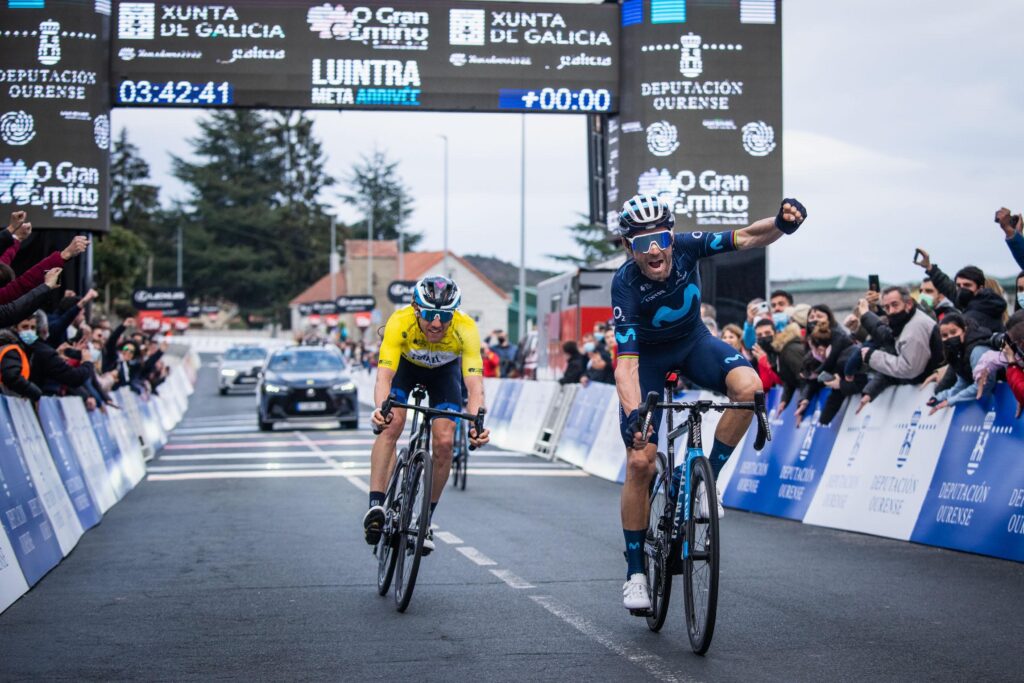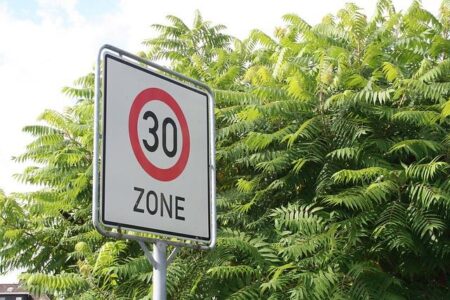As preparations intensify for the 2026 cycling season, the upcoming O Gran Camiño event is facing significant backlash amid mounting social protests against the inclusion of the controversial Israel-Premier Tech team. With public sentiment against the team broadening across Spain, organizers of the prestigious race are now grappling with the implications of their decision to invite a squad that has become a flashpoint in the ongoing discourse surrounding political and ethical considerations in sports. This article delves into the contentious dynamics surrounding O Gran Camiño, the response from local communities, and the broader impact on cycling’s evolving landscape as stakeholders navigate the intersection of athletics and social responsibility.
O Gran Camiño Faces Rising Controversy Over Israel-Premier Tech Invitation Amid Spanish Protests
The upcoming 2026 edition of O Gran Camiño is stirring considerable unrest in Spain as protests erupt against the decision to invite the Israeli cycling team, Israel-Premier Tech. Critics argue that this invitation is not merely a sporting decision but a politically charged gesture that overlooks the ongoing debates surrounding Israel’s contentious policies. Local protestors have expressed their opposition through demonstrations, waving banners that emphasize solidarity with Palestinian rights. The pushback is not only emotional but significant, reflecting a broader political sentiment in the region. The situation has captured the attention of both the cycling community and international observers, leading to an unprecedented wave of discussion regarding sports and politics intertwined.
Despite the turmoil, supporters of Israel-Premier Tech maintain that cycling can act as a bridge for peace, fostering dialogue in a divided world. They argue that inviting diverse teams to competitions can promote understanding and collaboration instead of division. As tensions rise, the organizers of O Gran Camiño face a pivotal decision that could redefine the race’s legacy. The situation highlights a critical intersection of sports, politics, and community identity in Spain, placing the event under a complex spotlight that transcends the finish lines and medals. Here are some key points from both sides of the debate:
- Protesters’ Concerns: Highlighting human rights issues
- Political Symbolism: Accusations of endorsing controversial policies
- Supporters’ Arguments: Promoting peace through sports diplomacy
- Community Reactions: Divided opinions among local cycling enthusiasts
Examining the Social and Political Implications of Including Controversial Teams in International Races
The decision to invite Israel-Premier Tech to the 2026 race has ignited a firestorm of protests across Spain, as various advocacy groups and political factions voice their opposition. The core of the dissent stems from a perception that the team is inextricably linked to the controversial policies of the Israeli government, particularly concerning its actions in Palestinian territories. Protesters argue that including such a team in an international sport event not only trivializes ongoing geopolitical tensions but also sends a message that these issues can be overlooked in the name of entertainment and competition. Many critics underline the need for sporting events to uphold principles of inclusivity and respect, with a notable few suggesting that the race should instead serve as a platform for promoting peace and dialogue rather than division.
Furthermore, the protests have become a rallying point for broader discussions surrounding national identity and civic responsibility in Spain. Supporters of the protests have organized marches and social media campaigns, aiming to shed light on the implications of normalizing interactions with teams associated with controversial nations. Some of the key arguments made include:
- Human Rights Violations: Advocates emphasize the need to consider human rights records when selecting participants.
- Public Sentiment: There’s a growing urgency to reflect the perspectives and values of the communities that host these events.
- Unity in Diversity: Calls for the integration of teams that embody ideals of peace and cooperation.
In an effort to quantify public sentiment regarding Israel-Premier Tech’s inclusion, recent surveys reveal varying opinions among Spain’s populace:
| Opinion | Percentage |
|---|---|
| Support inclusion | 25% |
| Oppose inclusion | 60% |
| Undecided | 15% |
This data highlights the significant divide in public opinion, reinforcing the notion that the inclusion of such teams can elicit strong national responses, making it essential for race organizers to consider the broader implications of their decisions in future international competitions.
Strategies for O Gran Camiño to Navigate Public Sentiment and Ensure Inclusivity in Future Events
The ongoing protests against Israel-Premier Tech highlight the sensitive nature of public sentiment surrounding international sporting events. O Gran Camiño can adopt a proactive approach to navigate these complexities by engaging with local communities and stakeholders. Key strategies include:
- Open Dialogue: Establish forums for discussion that encourage feedback and suggestions from local citizens and advocacy groups, promoting a culture of transparency.
- Collaborative Decision-Making: Involve community leaders in planning processes to ensure diverse perspectives are considered, fostering a sense of ownership among stakeholders.
- Cultural Sensitivity Training: Provide training for organizers and teams on local sentiments and cultural issues, helping them understand the socio-political context better.
Furthermore, implementing strategies that emphasize inclusivity will be vital for the event’s future success. Focused initiatives could include:
| Inclusivity Strategy | Description |
|---|---|
| Community Representation | Highlight local athletes and teams in promotional materials to enhance local support and participation. |
| Accessible Events | Ensure venues and events cater to individuals with disabilities, creating a welcoming environment for everyone. |
| Diverse Programming | Offer a variety of cultural programs that celebrate the region’s heritage, encouraging broader public engagement. |
Closing Remarks
In summary, the debate surrounding the potential invitation of Israel-Premier Tech to the 2026 O Gran Camiño race continues to intensify amid growing protests across Spain. Advocates for inclusion argue for the spirit of competition and collaboration in cycling, while critics raise concerns about political affiliations and the ethical implications of such a decision. As event organizers weigh the impact of these protests, the broader conversation about sports, politics, and social responsibility remains at the forefront. With the race approaching, all eyes will be on how this situation unfolds and what implications it may have for the future of cycling events in Spain and beyond. The outcome may not only shape the landscape of this particular race but also set a precedent for how sports navigate the complex interplay of national identity and global collaboration.











